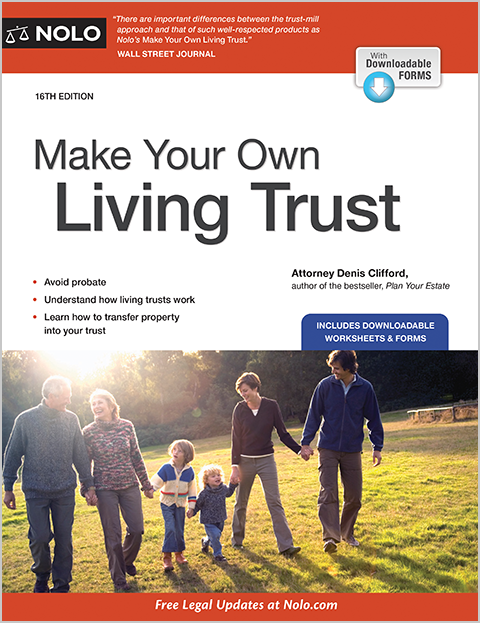When searching for a probate attorney, look for more than just legal expertise.
If you're taking on the job of executor, you may well want to hire a lawyer, either to answer a few questions or to handle a probate administration. This is an important choice, so it's smart to talk to several candidates before you pick one. You'll be consulting this lawyer on financial and legal matters, of course, but also on very personal ones. You want to find someone you're comfortable with.
You do not have to use the attorney who drew up the deceased person's will; the fact that the deceased person employed a particular lawyer doesn't obligate you to hire the same person to represent the estate. If that lawyer still has the original signed will, he or she must turn it over to you, as executor.
Finding Candidates to Interview
It's not usually difficult to get the name of a local lawyer or two who handles probates and estates. Probates are generally profitable for lawyers, so they're happy to take on the work.
You can probably find some prospects online. Read their profiles, which will tell you about each lawyer's experience and philosophy, to get an idea of what they would be like to work with and who might be a good fit. If you get lawyers' names from the phone book or a listing, try to talk to people who know or have worked with the lawyer so you can find out at least a little about the lawyer before going further.
Interviewing the Probate Lawyer
When you first sit down with a lawyer you're thinking about hiring, make it clear up front that you plan to talk to several lawyers before you hire one for the estate work. Then try to ask some questions before you get into the details of a probate court proceeding. A lawyer who has handled a lot of probates may assume that you're on board and quickly start asking you for documents and information.
Here are some questions you may want to ask:
- How many probate cases have you handled?
- Do you charge by the hour, a flat rate, or some other way?
- Do legal assistants in your office do some of the work, at a lower hourly rate?
- If I want to handle some of the probate work myself, to keep fees down, are you willing to work with me?
- Will you prepare final tax returns for the deceased person and the estate?
- How long, approximately, will it take to go through probate?
- About how much do you think it will cost?
If you're handling an extremely large estate—worth millions—you may need to think about state or federal estate tax. And if state or federal estate tax returns must be filed, you really want to be sure you're hiring someone with special expertise. Ask specific questions about these taxes, including:
- If state or federal estate tax returns are necessary, will you prepare them?
- How many estate tax returns have you prepared?
Finding the Attorney Who's a Good Fit for You
Finding a local attorney who is experienced and competent when it comes to handling a probate court proceeding may not be the hardest part of finding the right lawyer. Most probate cases aren't complicated; they require careful attention to detail, but you don't need a courtroom star. Most probates consist almost entirely of routine paperwork. And if you are interviewing lawyers who were personally recommended to you by friends or other local professionals, they're probably competent.
Having a successful working relationship with a lawyer, however, takes more than legal knowledge. So pay attention to how clearly the lawyer explains the process, how well the lawyer listens to your concerns, and how respectful the lawyer is. Make sure you're signing up with someone who:
- Communicates clearly. Some lawyers just can't seem to talk in plain English. If you can't understand what the lawyer is talking about and don't get good explanations when you ask for clarification, look elsewhere.
- Respects your efforts to educate yourself. If you're doing your best to learn about your responsibilities as an executor—and possibly do some of the work yourself to save on fees—you want a lawyer who will cooperate respectfully.
Finally, wait until you've talked to two or three candidates before you decide on one. Tell the lawyer that you'll call back soon with your decision. Once you've decided on a lawyer, learn how to maintain a successful working relationship in Nolo's article, Working With a Probate Lawyer.



